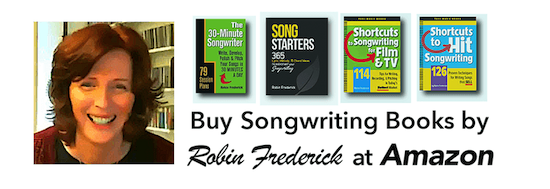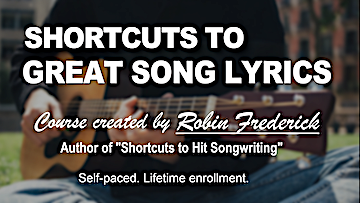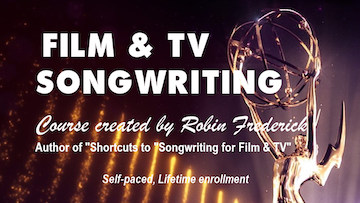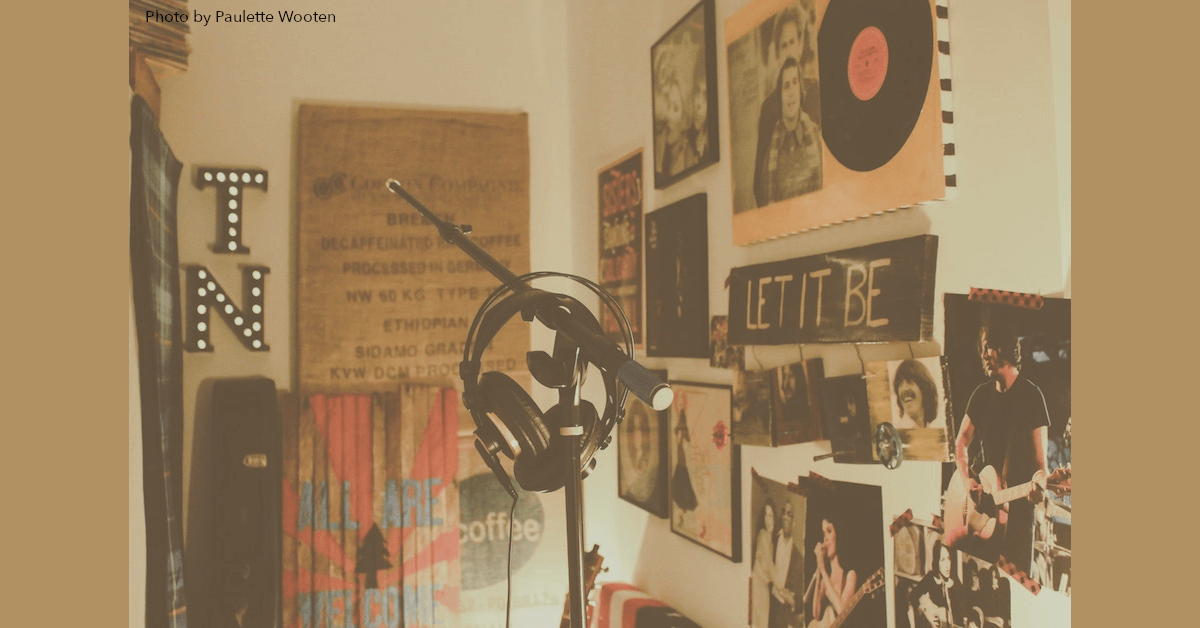Now that you’ve written a strong lyric with a memorable melody, it’s time to demo your song. A demo can be as simple as a vocal with piano or guitar or as complicated as a fully fleshed-out Pop/Dance track. What you need to do will depend on a few factors.
First, what will you use your demo for?
- To preserve a record of your initial idea.
- To show a music producer how you want your final recording to sound.
- To share your arrangement ideas with musicians and singers.
The basic song demo
A “basic demo” can be very helpful in helping you preserve the inspired idea or emotion that launched your song. Hours of writing can sometimes destroy that initial surge of energy, causing you to head off into a dead end or get bored with your song before you’ve even finished it. In addition, if you’ll be producing the final recording yourself, a basic demo can keep you from straying too far from your initial idea.
RECORD A BASIC DEMO OF YOUR SONG: the song’s melody and lyrics as clearly as you can. Make sure the chords are what you want on your final recording. If you have trouble singing the melody notes, double your vocal with a keyboard or guitar. Your voice will capture the phrasing of the melody while the instrument conveys a clear idea of the correct note pitches. (If you hire a singer to record the final version of the song, they will thank you and you’ll get the melody you want.)

The final song demo
Advances in recording technology have made it possible to record sophisticated home demos that can be pitched to music publishers, film and TV music supervisors, and independently released. Although a course in home recording is beyond the scope of this article, here are a couple of ways to get started…
Home recording studios
There are many inexpensive software programs that include both MIDI sequencers (for use with MIDI keyboards) and audio recording capability (to record vocals and guitar). For Windows, FL Studio is an inexpensive sequencer, often ranked “easy to use.” It comes with a huge library of loops that make assembling a track a breeze.
For Mac users there’s Garageband. It’s included with your Mac or get it at the Mac App Store on your computer, iPhone or iPad. You’ll need a MIDI keyboard for use with both of these programs. M-Audio has one for a little over $100. Yamaha also makes a good inexpensive keyboard.
From these basic software programs you can move up to Ableton Live, Apple Logic, Avid Pro Tools, or another one of the more complex music creation programs. But keep in mind: some of the most successful songwriters, like Charlie Puth, capture their initial ideas on a smartphone. Sometimes they even end up using all or part of what they record. Just get started any way you feel comfortable. It’s not about your gear.
Demo your song with a demo recording service
There are many good recording studios and demo services that can produce all or part of a final polished demo. They can record an instrumental track so you can do your vocal at home, or they can give provide just the guitar or drums. You’ll have a chance to give input or talk with the producer ahead of time. You’ll need to provide them with a rough vocal demo, so be sure to record that before you contact them.
For lists of demo recording services, songwriting resources, and more, visit the Resources page on this site.


Try a hybrid production
There are now online services that make if possible for you to hire musicians, recording engineers, and singers on an a la carte basis. Soundbetter.com and AirGigs.com are two of the biggest. Another interesting option is Musiversal.com, a subscription service that makes it possible for you to be present online while your song or track is recorded. Check these resources out to see if one of them will work for you.
BE SURE YOU’RE READY TO RECORD YOUR SONG
Before you spend money or invest a big chunk of your time in recording, be sure you’re ready to demo your song.
Are the music and lyrics are strong as they can be? Are there still a couple lines you’re not sure about? Stop, go back to your song, and try to beat those lines. See if you can make them do exactly what you want.
Do you know what genre your song is in? Knowing your genre will help you make decisions about your arrangement, vocal style, and even your final mix. Listen to songs you think might be similar to yours. What genre are they in? Aim for something in the same ballpark and you’ll know your genre.
